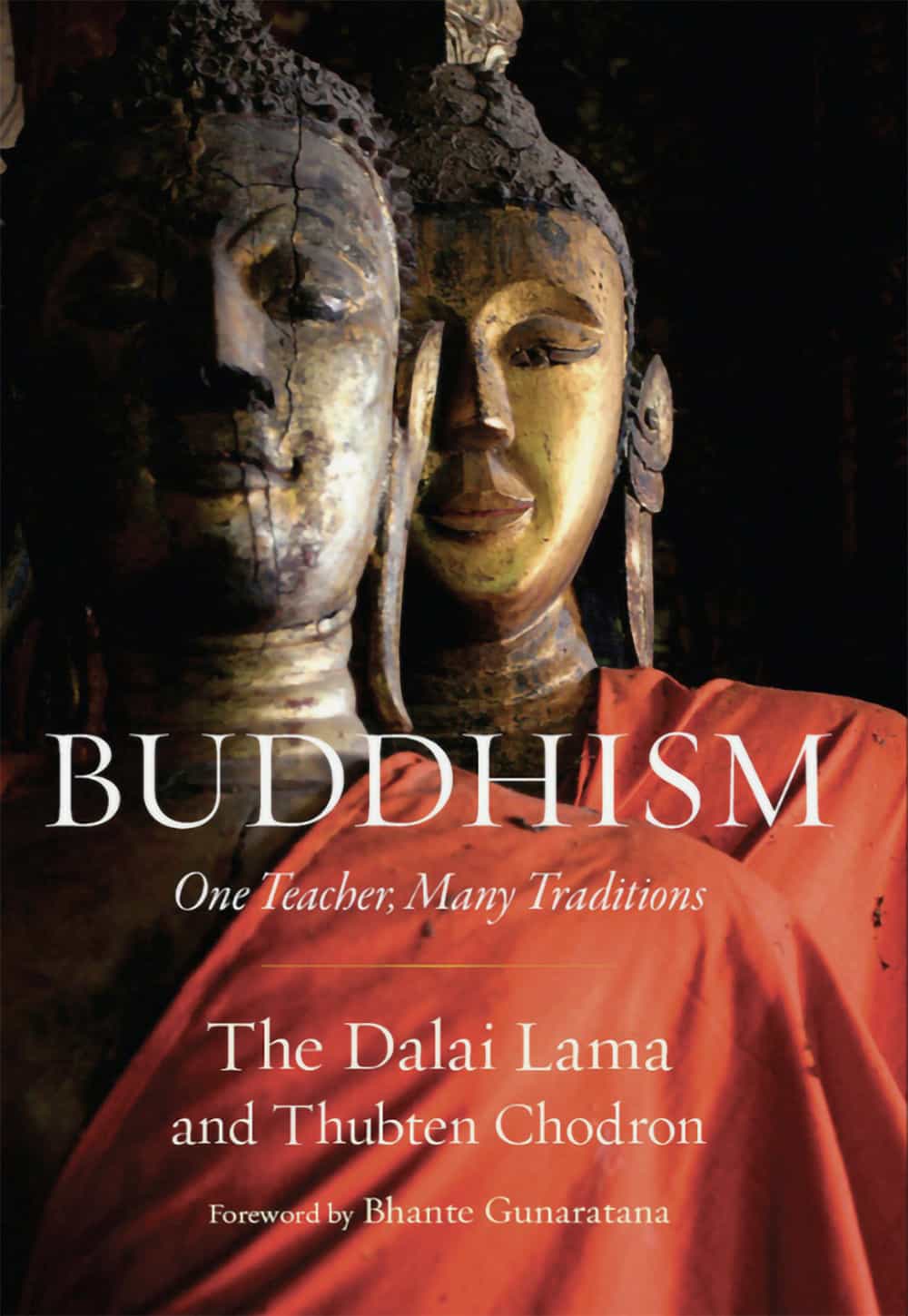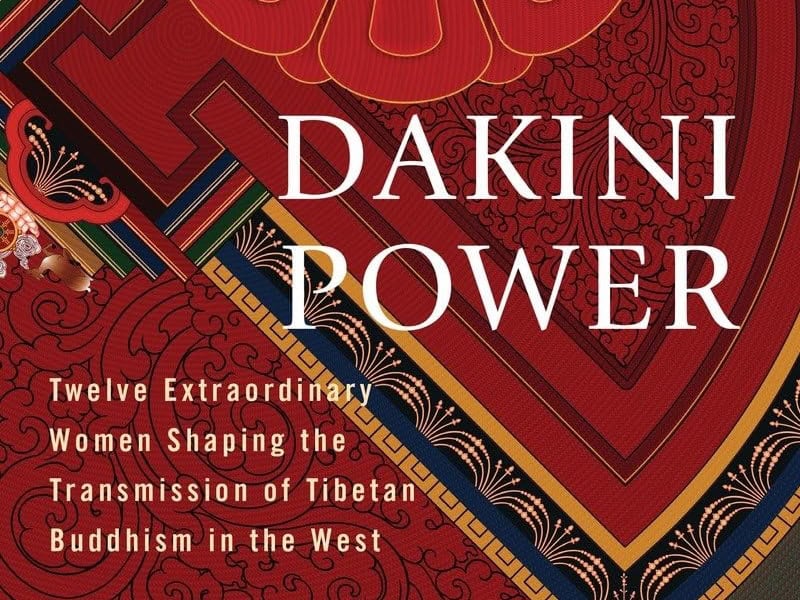Verse 59: Empty-handed in samsara
Part of a series of talks on Gems of Wisdom, a poem by the Seventh Dalai Lama.
- We go from life to life, taking nothing with us but our karma
- We are continuously reinforcing ignorance, anger, and attachment
- Generating compassion by seeing that all sentient beings are in this same predicament
Gems of Wisdom: Verse 59 (download)
Who are empty handed even though having run and searched throughout the three worlds?
The weakened living beings tossed in samsara since beginningless time.
This is talking about us. Okay?
We’re empty handed in the sense that when we go from one life to the next what is it that we take with us? Only our karma. In terms of virtue, sentient beings have some virtue, but compared to what we could have we’re still empty-handed and impoverished in that kind of way.
And despite being empty handed and impoverished, we’ve run and searched throughout the three worlds—the three worlds meaning the three realms of samsara—we’ve run in searched for happiness, gone everywhere, done everything—up, down, and across—in samsara, and yet, even though we’ve been born so many times, done so many things, we are still empty-handed. Because what we’ve spent our time running and searching for—material possessions, popularity, love, appreciation, fame, status, acknowledgement—all those kinds of things we’ve had to leave behind. Those things don’t come with us into the next life. Yet those are the things that we’ve run and searched for, by and large.
What comes with us is our karma, which we haven’t taken care of while we’re alive. Yet in terms of virtuous karma, we’re empty-handed, so to speak. And when we think of sentient beings by and large, born in all sorts of realms, most of them not even hearing the word Buddha or Dharma or Sangha…. Really, really empty-handed is the state of most sentient beings. So, why is that?
Well, we’re weakened living beings tossed in samsara since beginningless time. Okay? So we’ve just been propelled by ignorance, propelled by our afflictions, and through them creating karma, and therefore tossed in samsara since beginningless time, getting reborn here, getting reborn there; up, down, been everything, done everything.
And we’re weakened in the sense that we’re continuously reinforcing the ignorance on our mindstream. Most sentient beings, continuously reinforcing ignorance, anger, and attachment by generating them again and again and again. The thoughts that question our perception and our grasping of inherent existence are very rare. And so, because of that we’re weakened.
This is a cause—when we understand that, referring to ourselves—it’s a cause for alarm. And to see we have a precious human life so we should really use it to do something beneficial and not leave this life empty-handed, just leaving behind us a stash of money and possessions and a bunch of newspaper articles and magazine articles about how great we are. You know? Or progeny. Or whatever you feel you need to leave behind. But, you know, really making our life meaningful and creating some virtue and planting the seeds of the Dharma realizations in our minds by studying and reflecting and meditating on the teachings. So, for us to really push ourselves forward with a determination to be free of cyclic existence, and some renunciation of our old habitual way of being in samsara.
Also when we look at this verse and we think of other sentient beings being in this situation, then that becomes a cause for compassion. And so having compassion for sentient beings who are very, very lost and confused in samsara. And therefore, when they do things that we consider rude or obnoxious or unthinkable, understanding why they do them. It’s due to their ignorance, anger, and attachment. And therefore, to have compassion and not judgement for them. And not only to have compassion for their misguided deeds, but just have compassion for their state of being in samsara in general.
But again, this has to be accompanied by the sense that we’re in samsara, too, and we want to be free. Otherwise, it becomes like: [haughtily] “Well, I’m just a very nice (complacent) Dharma practitioner, with a lot of virtue, looking down on all these sentient beings who are so screwed up.” And that is not a Dharma attitude. Having compassion for others means we have to see ourselves, in this case, as being in the same boat with them.
[In response to audience] This kind of teaching is very sobering, isn’t it? Yes? Because sometimes we get a little bit excited, all “This is going well, that’s going well,” you know? And then this kind of teaching it’s like: “Okay, let’s come back. What is the most important thing in my life? Yes? It isn’t worldly success. It’s freeing my mind, and helping others to free theirs.”
Venerable Thubten Chodron
Venerable Chodron emphasizes the practical application of Buddha’s teachings in our daily lives and is especially skilled at explaining them in ways easily understood and practiced by Westerners. She is well known for her warm, humorous, and lucid teachings. She was ordained as a Buddhist nun in 1977 by Kyabje Ling Rinpoche in Dharamsala, India, and in 1986 she received bhikshuni (full) ordination in Taiwan. Read her full bio.


